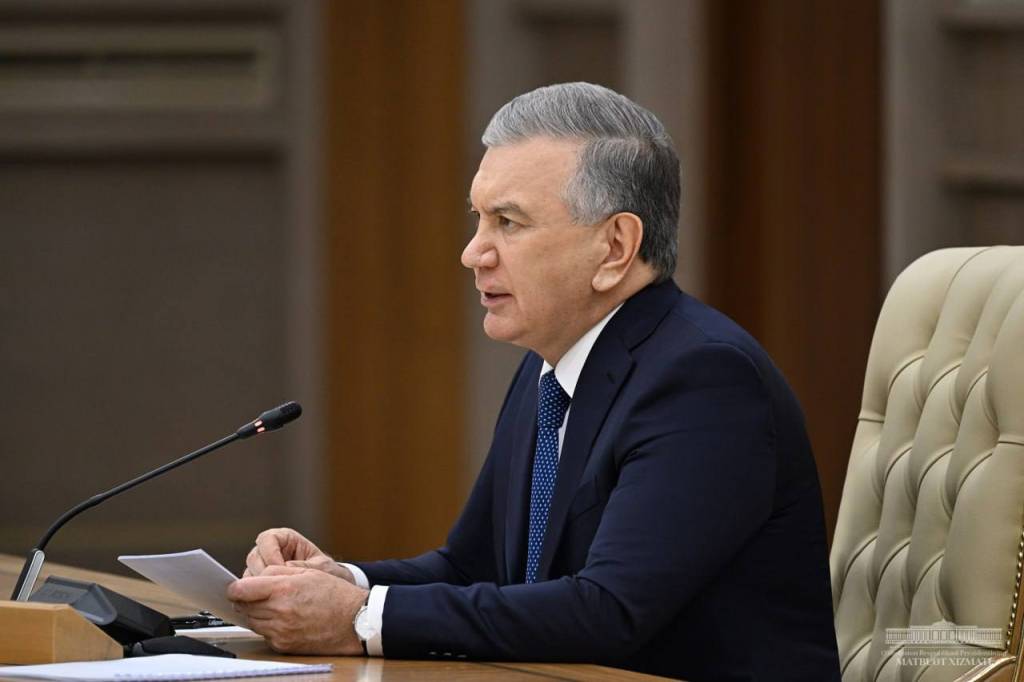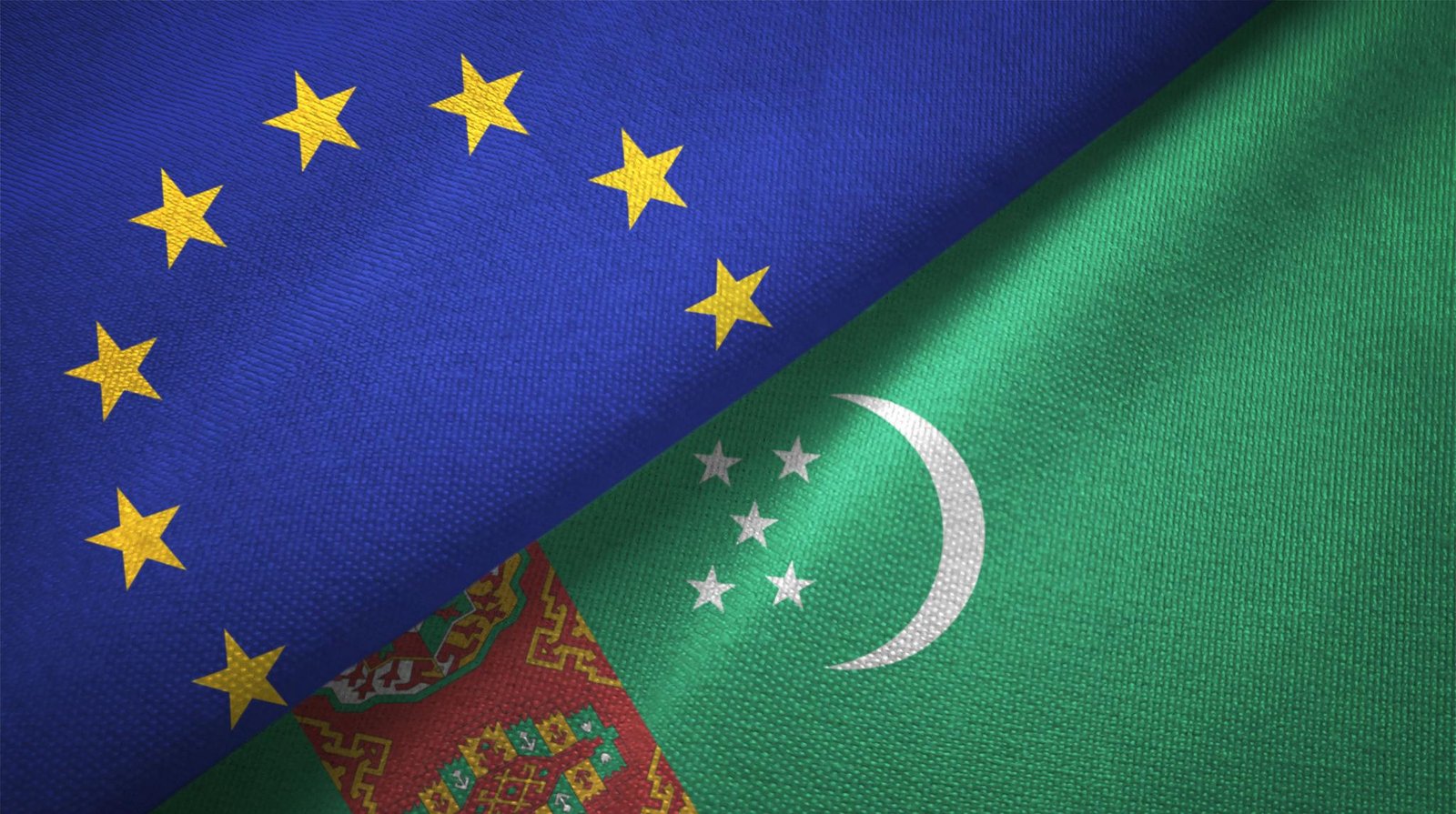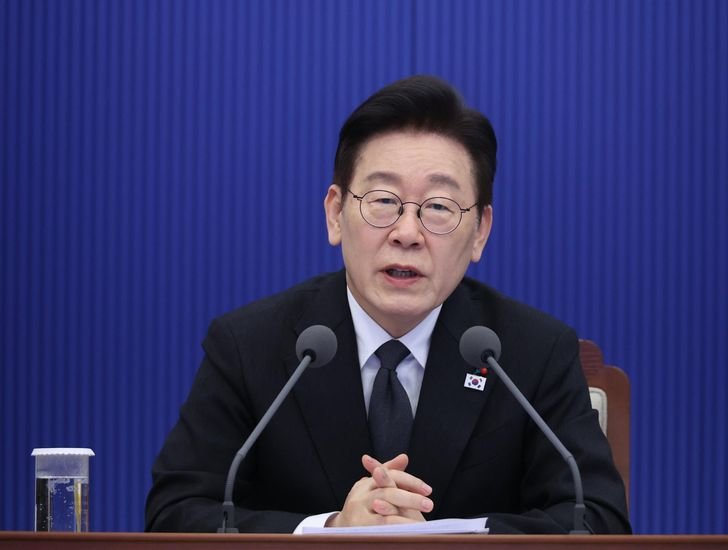Tashkent, November 29, 2024 – The Europe Today: President Shavkat Mirziyoyev chaired a pivotal meeting on November 28, addressing measures to enhance the production, processing, and export of fruit and vegetable products. The session underscored Uzbekistan’s commitment to leveraging its vast agricultural resources for economic growth and international competitiveness.
Uzbekistan, with 3.2 million hectares of irrigated land, has steadily shifted its agricultural focus in recent years. Over 260,000 hectares previously designated for cotton and grain have been reallocated for cultivation by local communities, with an additional 104,000 hectares planned. This diversification has led to a $370 million increase in food exports this year, surpassing $2 billion. The nation ranks prominently in global exports, placing third for apricots, seventh for cherries and peaches, and tenth for legumes.
Regional and Sectoral Performance
Despite overall growth, export performance varies across regions. While exports in Karakalpakstan and Jizzakh have doubled, and Khorezm and Surkhandarya have seen significant increases, areas such as Kashkadarya, Navoi, and Tashkent underperformed despite ample resources. To address this disparity, the government announced targeted support for local farmers and households, including the deployment of Quarantine and Plant Protection Agency personnel to assist with farming practices.
Innovations and Incentives
The meeting introduced transformative measures to enhance agricultural productivity:
- Land Optimization: 650,000 hectares, including roadsides and field perimeters, will be utilized for planting trees and crops. These lands will be digitized in the “Agroplatform,” ensuring better management and training for farmers.
- Support for Farmers: Incentives include free phytosanitary certificates, deferred land tax payments, and simplified access to loans of up to 100 million UZS under the Family Entrepreneurship Program.
- Sustainability Goals: Plans to plant 10 million grapevines and establish 10 agro-logistics centers, over 1,000 refrigerated warehouses, and 40,000 hectares of industrial orchards aim to ensure sustainable growth.
Processing and Export Expansion
Acknowledging losses during peak harvest periods, the President emphasized the need for advanced processing technologies, including shock freezing, to maintain year-round exports. Products like cabbage, onions, and watermelons, often left unharvested, can now be processed for value-added exports.
Notable export advancements include the establishment of dedicated shelves for Uzbek produce in Oman, facilitating the entry of cherries, peaches, and apricots into new markets. President Mirziyoyev urged the expansion of similar initiatives to Malaysia, the UAE, South Korea, and Europe.
Organic Farming and Environmental Protection
Recognizing the premium value of organic products, Uzbekistan plans to expand organically certified farmland from 3,900 hectares to 10,000 hectares by 2025 and to 100,000 hectares by 2028. Farmers adopting organic practices will receive subsidies for certifications and land improvements.
The nationwide “Yashil Makon” (Green Space) initiative also continues to thrive, with plans to plant 200 million trees and shrubs annually. This year alone, 257 parks were created, with the total expected to reach 517.
Strengthening Discipline and Execution
President Mirziyoyev highlighted the importance of executive discipline, emphasizing that fulfilling the outlined tasks by year-end would significantly enhance agricultural outcomes.
With these measures, Uzbekistan aims to boost fruit and vegetable exports to $3.5 billion by 2025, cementing its position as a leading global agricultural exporter.














